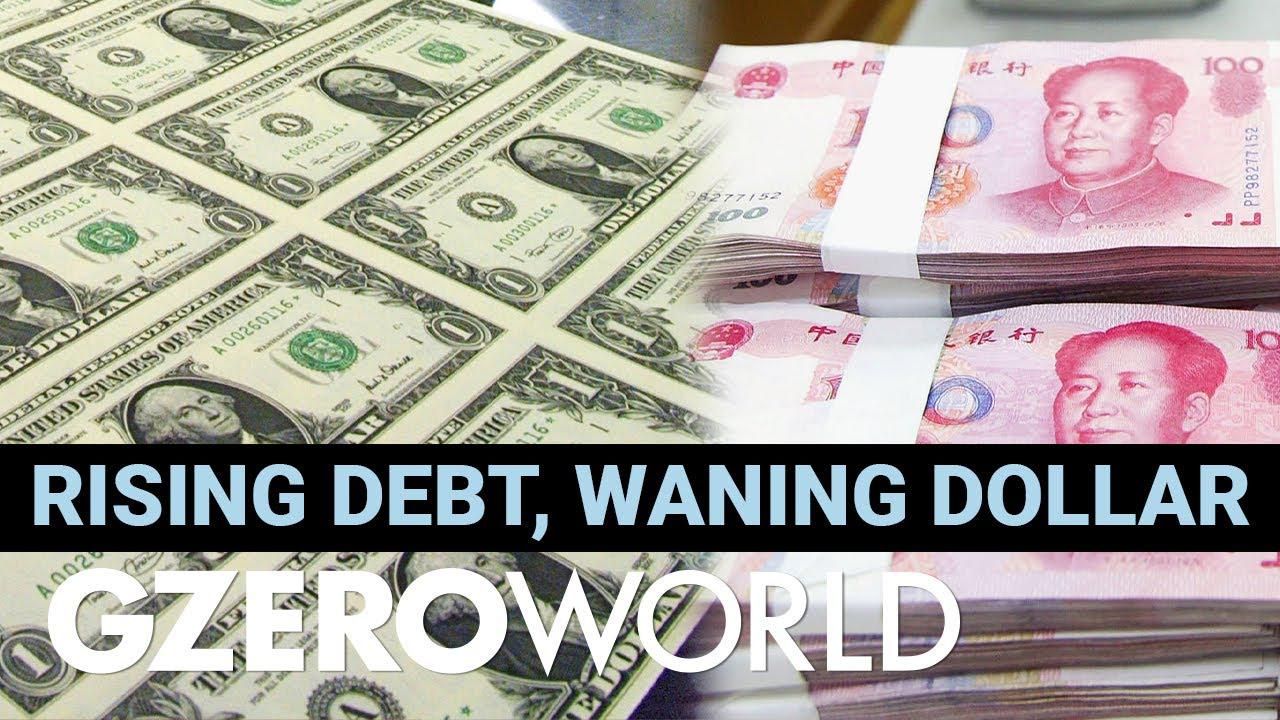GZERO World Clips
Why "cheap money" is worrying billionaire US investor Ray Dalio

Why "Cheap Money" Is Worrying Billionaire US Investor Ray Dalio | GZERO World

Just days ago, the US national debt topped $30 trillion for the first time in history. Household debt jumped by $1 trillion last year, the most since 2007.
For Ray Dalio, the billionaire head of the world’s largest hedge fund, rising debt across the board is a big problem because it's increasingly widening the gap between all the money out there and what it can buy.
“If the quantity of money and credit, which is buying power, increases faster than the quantity of goods and services and financial assets, that the prices of goods, services and financial assets will rise, [and] the value of money will go down."
Um, okay, so what does that mean if you're not an economist? Once the value of putting money into even very safe instruments like bonds starts to decline, he says, return on investment could become negative, so you lose money.
What's more, if you already expect long-term high inflation, Dalio anticipates a supply-demand imbalance that'll hurt the US dollar's status as the global reserve currency. Also, it's not just an American problem: the euro and the Japanese yen are in similar danger.
And who benefits from a weak dollar? China's yuan, which Dalio says will become "digital gold."
Watch his interview with Ian Bremmer on the upcoming episode of GZERO World.
In this Quick Take, Ian Bremmer addresses the killing of Alex Pretti at a protest in Minneapolis, calling it “a tipping point” in America’s increasingly volatile politics.
Who decides the boundaries for artificial intelligence, and how do governments ensure public trust? Speaking at the 2026 World Economic Forum in Davos, Arancha González Laya, Dean of the Paris School of International Affairs and former Foreign Minister of Spain, emphasized the importance of clear regulations to maintain trust in technology.
Will AI change the balance of power in the world? At the 2026 World Economic Forum in Davos, Ian Bremmer addresses how artificial intelligence could redefine global politics, human behavior, and societal stability.
Ian Bremmer sits down with Finland’s President Alexander Stubb and the IMF’s Kristalina Georgieva on the sidelines of the World Economic Forum to discuss President Trump’s Greenland threats, the state of the global economy, and the future of the transatlantic relationship.